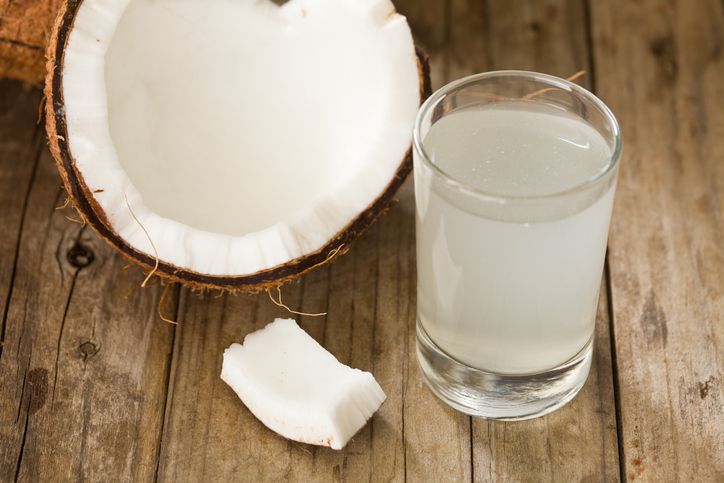Jakarta –
Coconut water is famous for its various healthy benefits. Apart from hydrating the body, drinking coconut water is said to be good for cleansing the kidneys. Is this true?
Kidneys are vital organs that have many roles. Maintaining kidney health is very important for long-term health conditions.
Consuming several types of food and drinks is believed to be good for kidney health. One that is often mentioned, coconut water.
ADVERTISEMENT
SCROLL TO CONTINUE WITH CONTENT
Drinking coconut water is said to help cleanse the kidneys. Quoting CNN Indonesia (25/10), coconut water as explained on the Wexner Medical Center website is said to have many benefits.
This clear water which is part of the coconut is low in calories and low in sugar. Per 250 milliliters of coconut water only has 45-60 calories with 11-12 grams of sugar.
Coconut water also contains plant compounds and electrolytes such as potassium, sodium, magnesium and phosphorus. Because of this fluid and electrolyte content, several studies have shown that consuming coconut water is beneficial for rehydrating after fluid loss.
Based on a 2018 study, consuming green coconut is considered quite good for kidney health. The research saw that participants who often drank green coconut water had urine that contained more citrate, potassium and chloride.
In other words, there is some truth in coconut water for cleansing the kidneys. The green coconut water they drink helps dissolve kidney stones or prevent the formation of kidney stones.
 Coconut water. Photo: Getty Images/iStockphoto/Alex Liew Coconut water. Photo: Getty Images/iStockphoto/Alex Liew |
People with chronic kidney disease need to limit their consumption of coconut water
Even though consuming coconut water is said to help cleanse the kidneys, those who have chronic kidney problems should not drink too much coconut water. Quoting the National Kidney Foundation of Hawaii page, coconut water contains 252 milligrams of sodium per serving.
Although coconut water is a safe and healthy drink for most people, those with kidney disease should limit consumption that is too high in potassium.
Remember, coconut water contains quite high potassium. Large intakes of potassium in kidney patients can cause life-threatening hyperkalemia (too much potassium in the blood).
(sob/adr)






